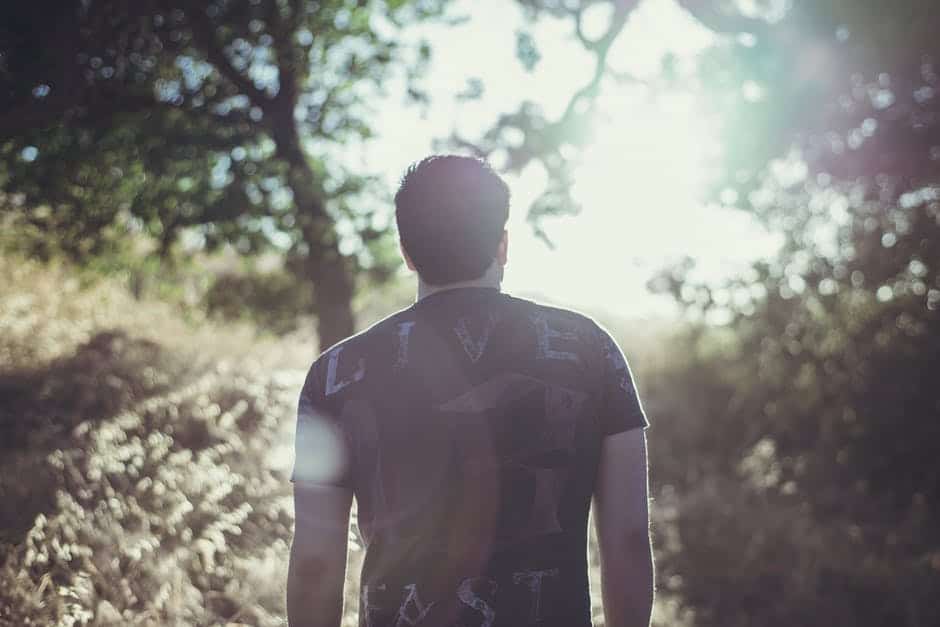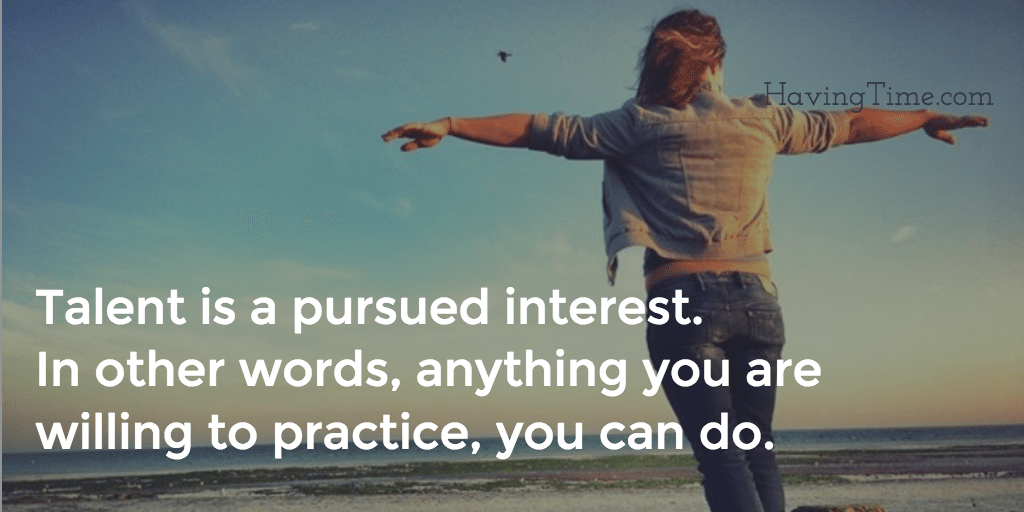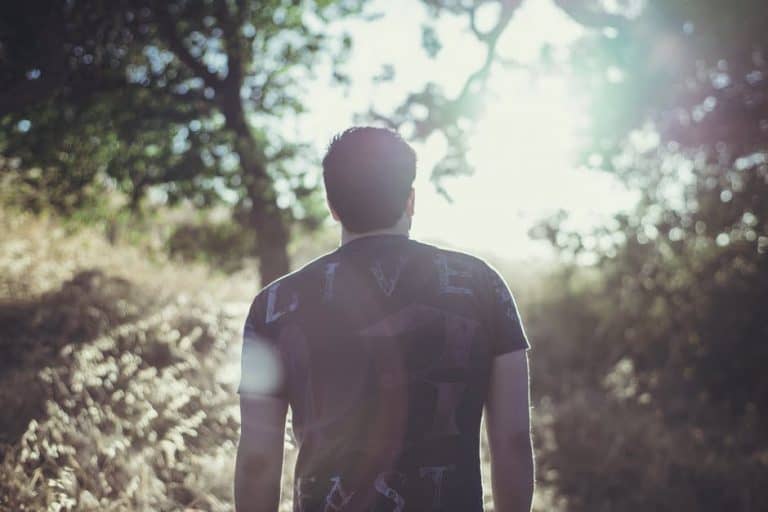
How to Become The Master of Your Life
If I were to tell you today that you are the creator of your own experience on this earth, how would you react? Would you accept this power or would you shake your head and hand it back to me? So many people actively choose to believe that they don’t have control over their own lives, minds, emotions, and bodies. Not making a decision is still making a decision.
It’s hard. It’s hard to accept that we are responsible for our own lives because that would mean taking accountability for everything. It would mean owning our mistakes, the mistakes of others, and even the resulting circumstances that happened from events out of our control.
Sometimes things happen that aren’t our fault. We have great and terrible experiences with varying amounts of pleasure and pain.
Life isn’t fair.
It isn’t fair to compare your life with those of others and blame yourself for where you are today. However, taking responsibility is the only step towards empowerment.
I understand if your societal conditioning disadvantaged you. I know if you were taught to follow the money or follow your passion. I know if you grew up in a challenging environment or had a bad childhood. I understand if you were in an abusive or toxic relationship. I understand if you have a genetic predisposition to a mental illness. I understand if you are disabled in some way. I know if the worst things happened at the most inconvenient possible time. I understand if you got unlucky and failed. I understand if it was karma or destiny or fate. I understand, and I want you to know that all those things weren’t your fault, but they are now your responsibility.

go to bed with satisfaction
To be truly empowered you need to accept that while you cannot control external factors, you are the sole creator of your internal reality. When undesirable things repeatedly happen to someone, they develop a condition known as ‘learned helplessness,’ which produces and perpetuates motivational, cognitive, and emotional effects of uncontrollability. This kind of trauma can scientifically rewire your brain to alter the synaptic connections between cells, affecting a state of anxiety and depression. People enter a state of shock and default into a fight or flight mechanism. They assume that they are not strong or good enough to remove themselves from the situation. Worse yet, some of them don’t even recognize what they are going through, and that’s why they do not seek help. This downward spiral worsens situations by sucking victims into a vortex and pulling them deeper into a quagmire of confusion, isolation, and powerlessness.
Consider this for a moment.
Why does a big, strong, tamed elephant remain chained to its post? Because when it was a helpless and vulnerable child, it was beaten into submission. It was taught that it cannot escape trauma or abuse how much ever it tries, and so ultimately it stops resisting. It grows into a powerful elephant, but its mind remains stuck in its small world of possibilities.
Now apply this analogy to your own life. Are you still living in the mindset of this powerless and vulnerable child as an adult? Many people will balk and rebel against the notion that they can choose how they react to situations. You can be different from those people. You can choose to believe that you are so powerful that you can transform your reality at any time. Will you reclaim full control as an active participant or will you remain passive to life as it happens to you?
You don’t even realize the strength of your talents, capabilities, and power.

In other words, anything you are willing to practice, you can do.
You are a powerful force of nature, a living human being capable of courage and compassion, and the magical creator of your destiny. You may not be able to control what happens, but you can control who you choose to be every single step of the way.
Your freedom is yours to give and yours to take back.
What will you choose?


